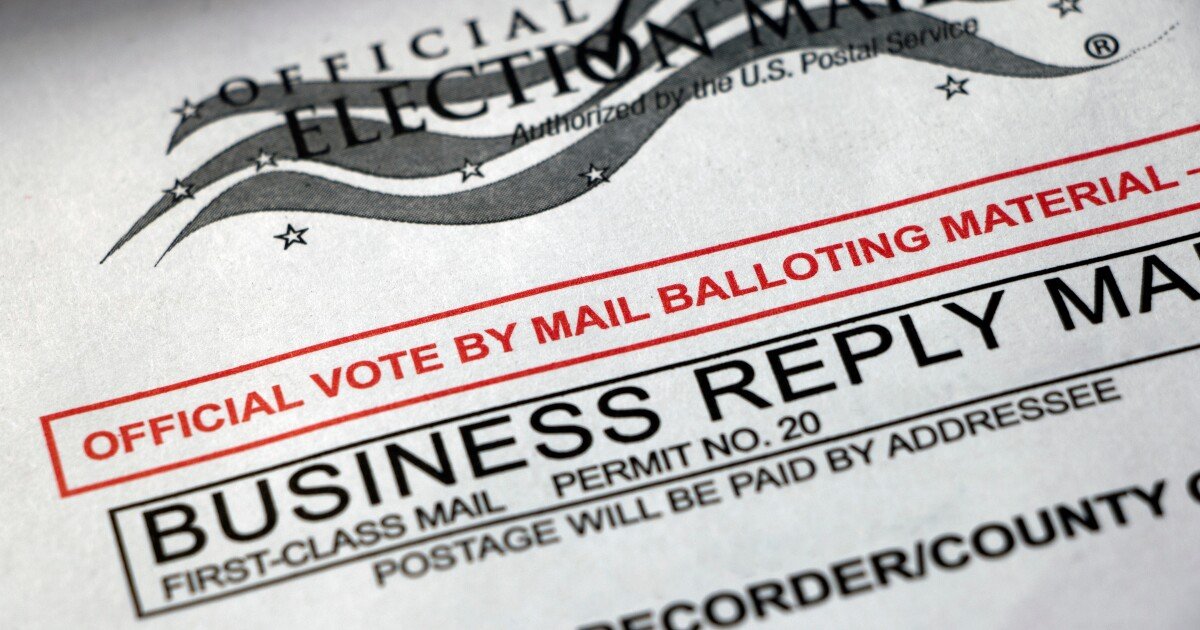The Summit County Council put a sales tax on the ballot because it’s facing one of three options: make $7 million in cuts next year, raise property taxes or the new sales tax.
Click here to see what could be cut.
Sales tax basics
The new sales tax would be a half percent on every purchase except gas, groceries and prescriptions, and the council indicated prior to putting to a vote that they’d prefer it over property taxes. It’s been estimated that would raise over $10 million.
It can’t be levied unless a majority of Summit County voters say so, and it’s Proposition 18 on the Nov. 5 ballot.
The sales tax has been termed the “emergency services sales tax” because of what state law allows it to fund: search and rescue, emergency medical services, waste disposal, police, fire protection and avalanche forecasting—freeing up money in the general fund for other items.
Property tax basics
How much would property taxes need to go up if it doesn’t pass? County Manager Shayne Scott said Oct. 9 a roughly 40% tax increase in the county’s general fund would cover the $7 million shortfall in the proposed FY2025 budget.
That’s not a 40% increase to residents’ overall tax bill, because according to Chief Financial Officer Matt Leavitt, the county’s general fund makes up about 9% of the average tax bill.
A resident’s bill contains a combination of 46 different taxing entities, of which the county government is one. There hasn’t been an increase in Summit County’s general fund since 2017.
According to Leavitt, for a resident—not a business, which pays more—a 40% increase in the general fund cashes out in a $15.25 increase per $100,000 in that home’s taxable value. Primary residents’ taxable value is roughly half the assessed value of their home.
As described in the video above, Utah taxing entities can’t raise its overall tax revenue without a series of public hearings. Any other change in an individual’s tax bill reflects a change in their property’s assessed value.
Offsetting the impacts of tourism
Those who support the sales tax argue that it allows tourists and visitors to Summit County to share the cost of the services they use.
Brett Mickelson and Michelle Eastman, board members at Friends of Summit County Search & Rescue, signed a statement that will appear in the 2024 Summit County voter information pamphlet. They’re pro sales tax, as opposed to a property tax or cuts, especially when it comes to search and rescue services.
94% of rescue calls came from non-Summit County residents last year.
“That’s what’s really in my mind driving this: is that group of individuals are really driving the cost of search and rescue and other, different services,” Mickelson told KPCW. He also pointed to the multi-million landfill cell Summit County must begin building next year—visitors contribute trash.
Leavitt estimates 65% of sales taxes are paid by visitors to the county.
Who pays property taxes?
All property tax revenue comes from three main buckets: primary residences, secondary residences and commercial property. Primary residents get a 45% discount.
Leavitt provided KPCW with a breakdown of the county’s property tax revenues.
- Primary residential = 28.1%
- Secondary residential = 61.6%
- Commercial = 9.7%
- Other = 0.6%
“Other” includes agricultural, unimproved and greenbelt properties.
Although secondary residential properties make up a large share of county property tax revenue, Scott said on KPCW’s Local News Hour earlier this month that there’s a case to be made that they’re still part of the community.
“[The sales tax] is really more impacting tourists who come to visit and stay in the Montage or the St. Regis and ski and are using all of our resources—but not paying for their fair share of those resources,” Eastman said.
The county council has signaled it would nip a property tax increase in the bud if Proposition 18 for the sales tax passes, calling the property tax option a contingency.
Because Summit County’s budget season coincides with election season, state law required the county council to begin the property tax process—called Truth in Taxation—before the November election.
The Summit County Council plans to adopt a FY2025 budget before the end of the calendar year. The budget, the projected $7 million shortfall, may change before that time.
Ballots are in the mail
Click here to see a sample ballot from your precinct.
Voter information pamphlets, including the pro statement for the sales tax, are available at the county clerk’s election webpage and vote.utah.gov. They will come in a separate mailer from the mail-in ballot itself.
No one submitted a “con” statement for Proposition 18, and Utah law does not require both.
Ballots were mailed Oct. 15, and the general election is Nov. 5.




